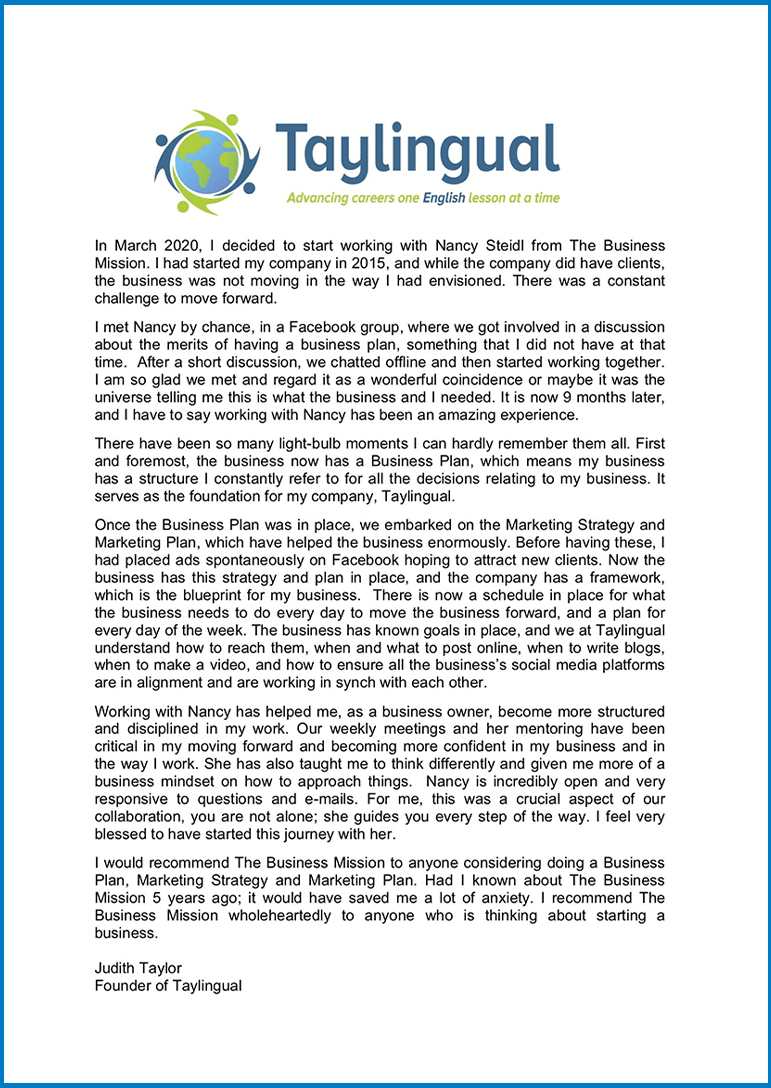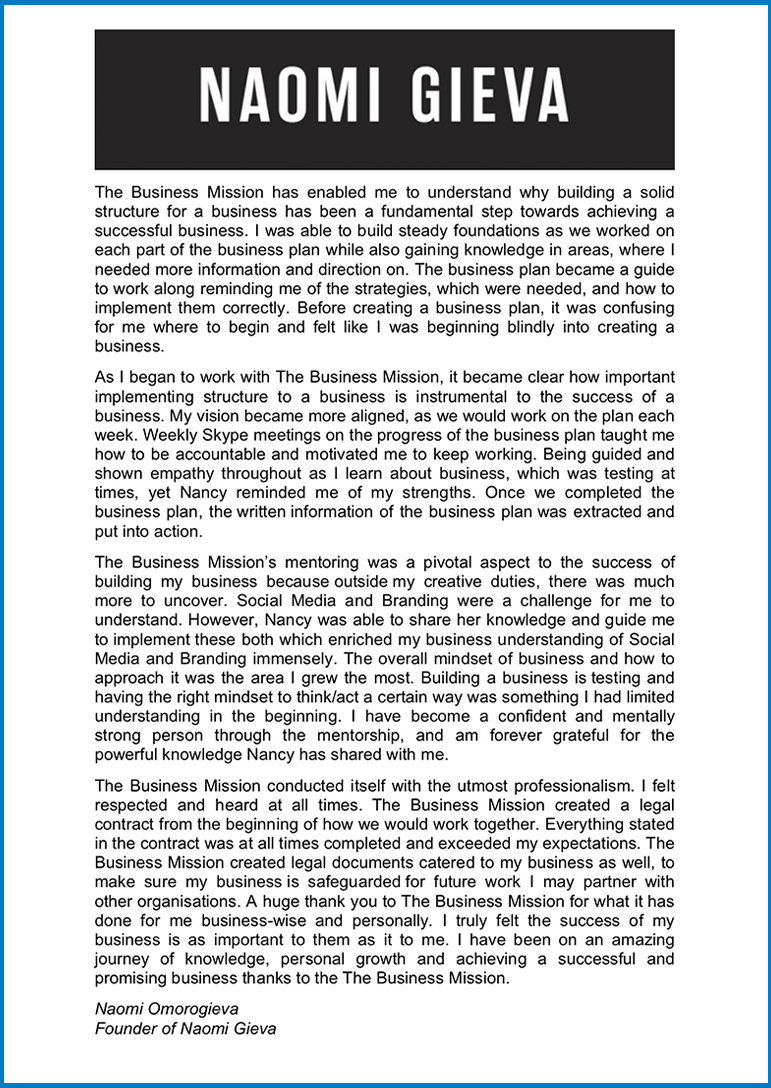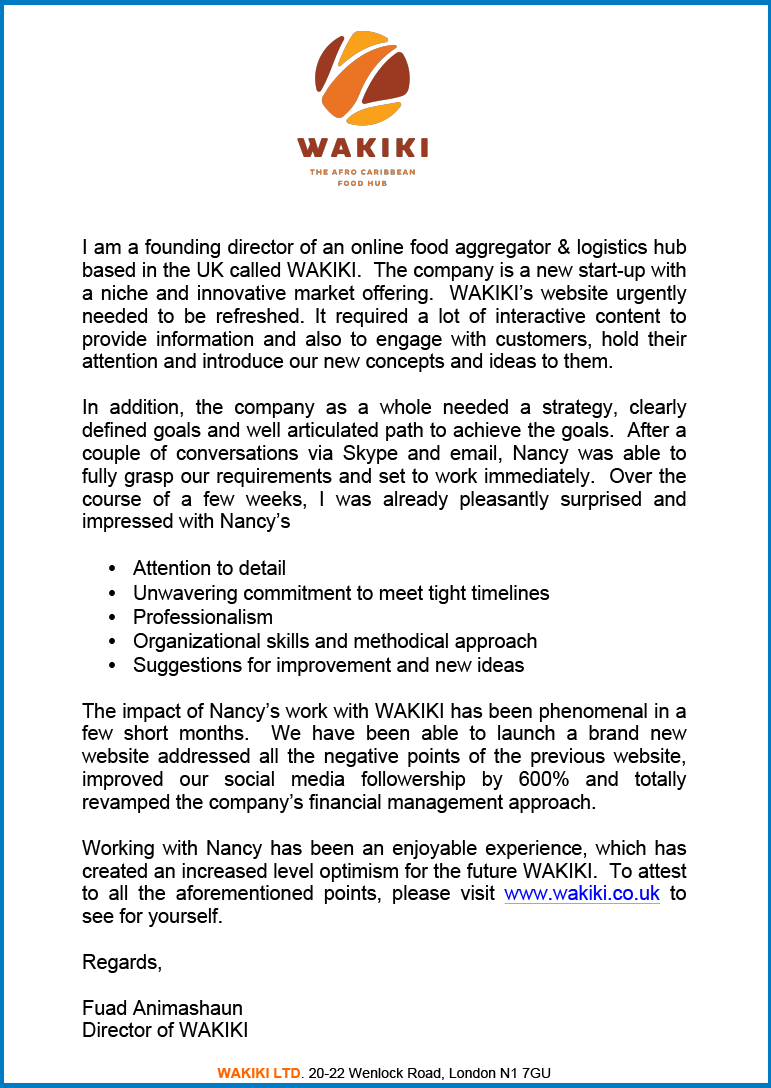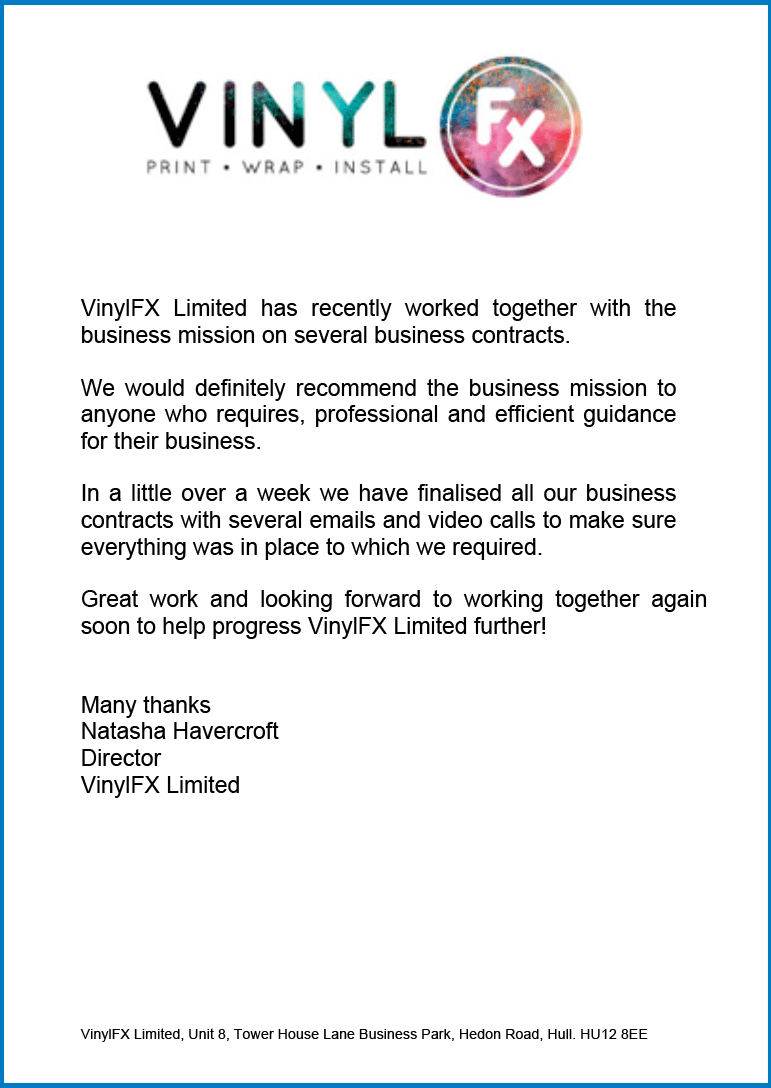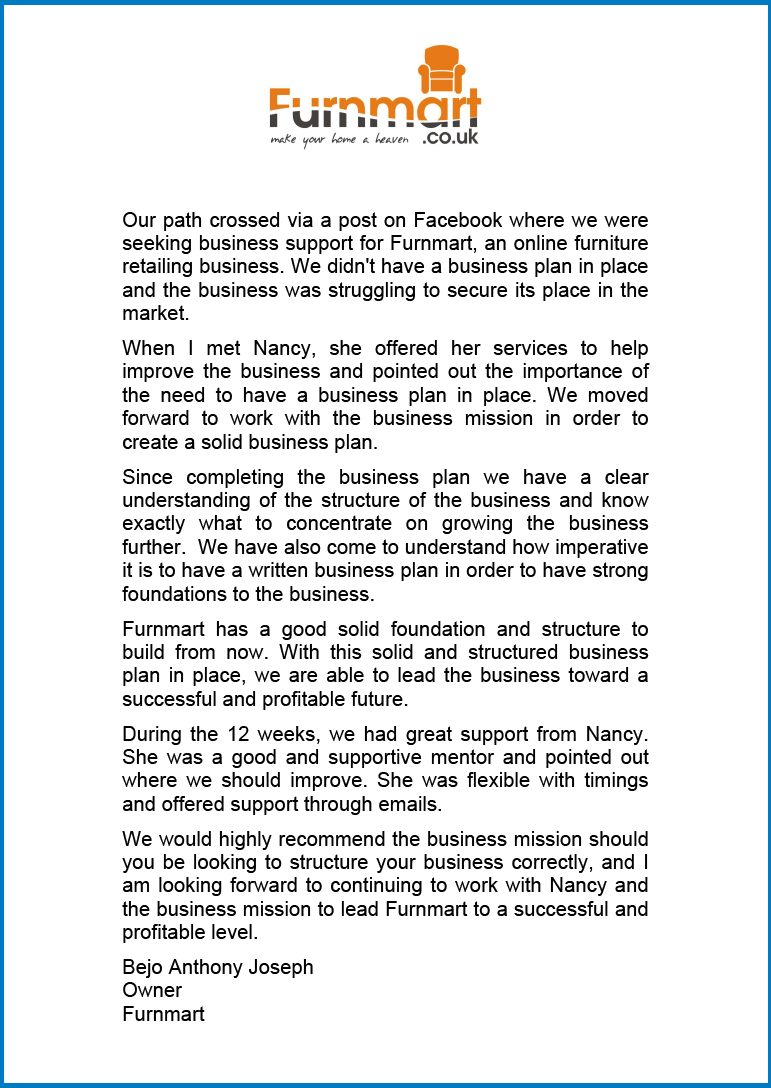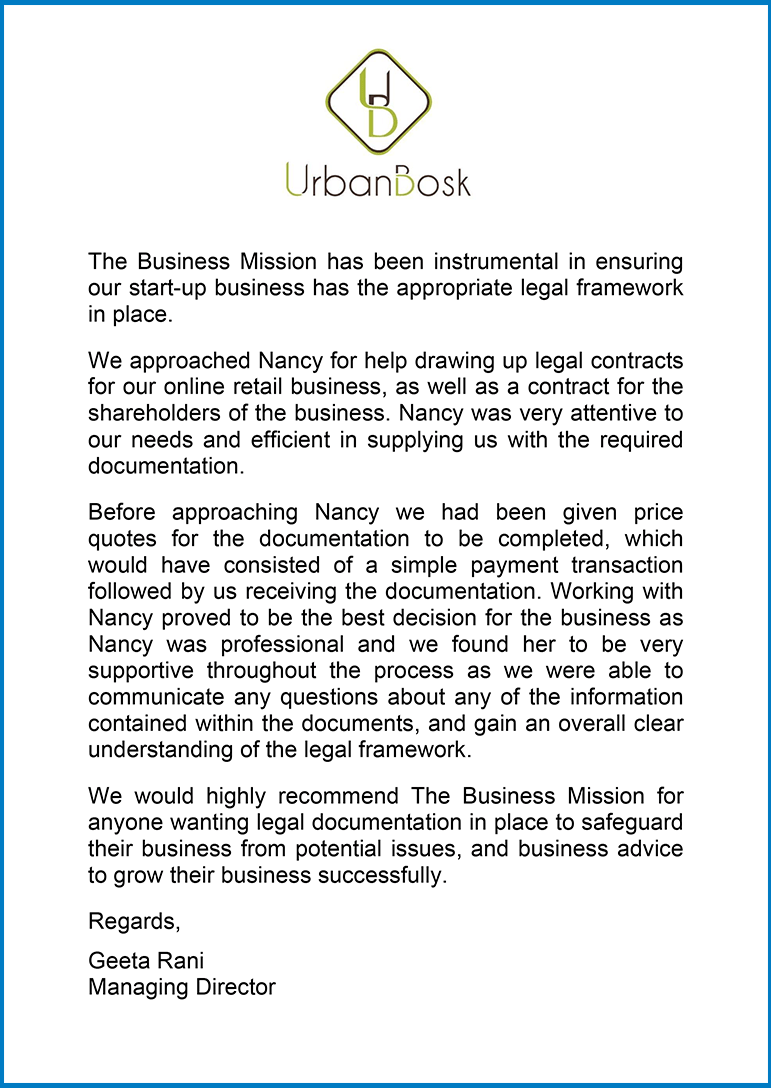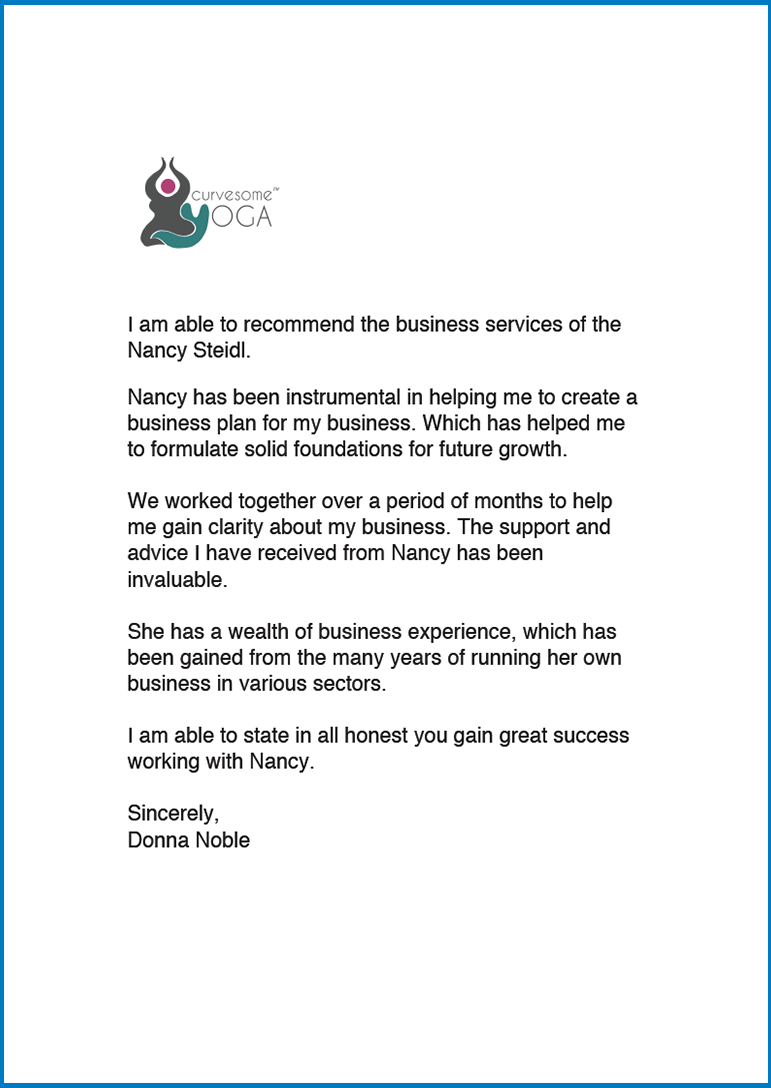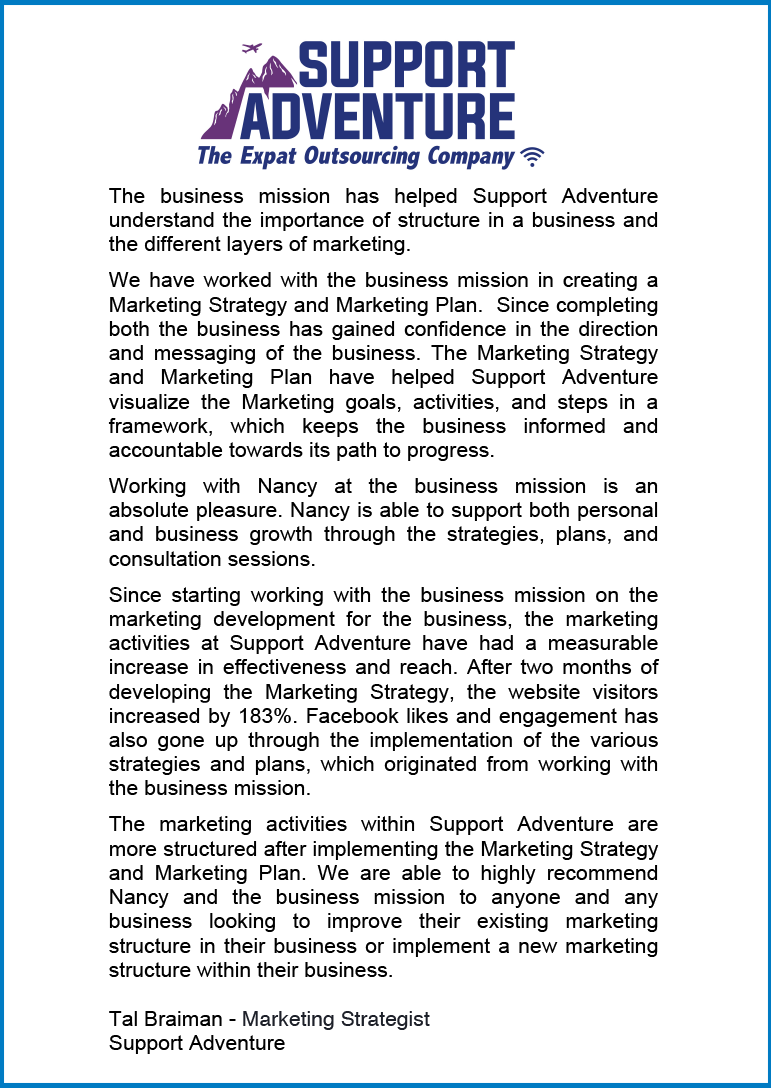In the relentless and ever-transforming landscape of modern business, the need to assess and refine one’s business’s marketing has never been more paramount – a well-crafted marketing strategy and marketing plan are vital for any company’s success. These essential tools serve as roadmaps to reach target audiences, generate leads, and ultimately drive revenue. However, with markets and consumer behaviours constantly changing, it is crucial for businesses to regularly assess the effectiveness of their marketing efforts.
Before diving into assessing their effectiveness, it is essential to differentiate between a marketing strategy and a marketing plan. A marketing strategy is a comprehensive, high-level approach that defines your business’s overall marketing goals, target audience, value proposition, and competitive positioning. On the other hand, a marketing plan is a detailed, tactical roadmap outlining specific actions, timelines, and resources required to achieve the strategic objectives.
As markets constantly evolve, businesses must stay attuned to the changing preferences and behaviours of consumers. Regular evaluation of marketing strategies allows companies to adapt and respond quickly to emerging trends, technological advancements, and shifting consumer demands. By monitoring key performance indicators, consumer feedback, and industry developments, companies can identify areas for improvement and capitalize on new opportunities. Moreover, staying up-to-date with market dynamics enables businesses to create more personalized and targeted campaigns, fostering stronger connections with their customer base. A proactive approach to assessing marketing efforts ensures that companies remain agile, competitive, and able to meet the evolving needs of their target audience effectively. Embracing data-driven insights and market intelligence empowers businesses to make informed decisions, refine their strategies, and maintain a competitive edge in a rapidly changing landscape.
Furthermore, evaluation provides businesses with valuable insights into the return on investment (ROI) of their marketing activities. By analyzing KPIs, such as conversion rates, customer acquisition cost, and revenue growth, companies can assess the effectiveness of their campaigns and allocate resources more efficiently. Objective measurement also aids in setting realistic and achievable goals, enabling businesses to track progress over time and make data-driven adjustments to enhance overall performance. Regular evaluation is a vital component of a successful marketing strategy, ensuring continuous improvement and sustainable business growth.
Optimizing resource allocation is critical for maximizing the impact of marketing efforts. Evaluation allows businesses to identify high-performing strategies and allocate resources where they are most effective. By focusing on the channels and tactics that yield the best results, companies can avoid wasting resources on less productive endeavours. This approach enhances cost-effectiveness and ensures that marketing budgets are utilized efficiently, leading to a higher return on investment and a stronger competitive advantage in the market. Regular assessment of the marketing plan empowers businesses to make informed decisions and adapt swiftly to changing market conditions, ultimately driving greater success and sustainable growth.
Through continuous evaluation, businesses can spot emerging trends and opportunities that may have been overlooked initially. Identifying these untapped areas allows companies to pivot their marketing strategies and capitalize on new markets or customer segments before competitors do. Additionally, early detection of potential challenges or weaknesses in the marketing plan enables proactive measures to be taken to address them promptly, minimizing their impact on business performance. This proactive approach empowers businesses to stay ahead of the curve, innovate, and stay resilient in the face of changing market dynamics, positioning them for long-term success.
Measuring the ROI (Return on Investment) of marketing efforts provides businesses with a clear understanding of how their spending directly correlates with revenue generation. This data-driven approach allows companies to assess which marketing activities deliver the most significant returns and contribute to the bottom line. Armed with this information, businesses can make informed budget decisions, optimizing resource allocation towards the most profitable strategies. By focusing on high-ROI initiatives and eliminating or re-evaluating low-performing ones, companies can fine-tune their marketing budget for maximum impact and efficiency. This disciplined approach enhances financial accountability, ensuring that every marketing dollar is utilized wisely to drive business growth and success.
Setting clear objectives is crucial for effective marketing planning and evaluation. By defining SMART goals—specific, measurable, achievable, relevant, and time-bound—businesses establish a concrete framework for assessing marketing success. Specific goals provide clarity and focus, while measurable criteria enable the quantification of progress. Achievability ensures that objectives are realistic and attainable, while relevance aligns them with overall business objectives. Time-bound deadlines create a sense of urgency and accountability. SMART goals enable businesses to track performance accurately and gauge the effectiveness of their marketing efforts objectively.
Tracking key performance indicators (KPIs) is essential for evaluating the impact of marketing campaigns. Relevant KPIs, like website traffic, conversion rates, lead generation, customer acquisition cost, and customer retention, provide valuable insights into different aspects of marketing performance. Website traffic reflects brand visibility and audience engagement, while conversion rates measure the effectiveness of converting leads into customers. Lead generation indicates the success of attracting potential customers, and customer acquisition cost highlights the efficiency of marketing spending. Customer retention gauges the ability to build long-term relationships with existing customers. By closely monitoring these KPIs, businesses can make data-driven decisions, identify areas for improvement, and fine-tune marketing strategies to achieve optimal results.
Customer feedback is a powerful resource for understanding the impact of marketing efforts and overall customer satisfaction. Engaging with customers through surveys and reviews provides valuable insights into their experiences with the brand, products, or services. By actively listening to their opinions, businesses can identify areas for improvement, address any issues promptly, and identify strengths to leverage in marketing messaging. Customer feedback serves as a reality check, allowing companies to align their strategies with customer expectations and preferences, ultimately leading to enhanced customer loyalty and advocacy.
Competitor analysis is a crucial component of a successful marketing strategy. Regularly monitoring and evaluating competitors’ marketing tactics and industry trends provides businesses with valuable insights into the competitive landscape. By understanding what their rivals are doing, companies can identify areas for differentiation and improvement. This analysis helps businesses identify unique selling points, capitalize on gaps in the market, and adjust their marketing approach to stay relevant and competitive. Keeping a close eye on competitors allows businesses to proactively respond to market changes and maintain a strong market position, fostering long-term success and growth.
A/B testing is a data-driven technique that helps businesses optimize their marketing messaging for better results. By creating multiple variations of elements such as ad copy, visuals, and calls-to-action, and testing them simultaneously with different audience segments, companies can gather real-time data on performance. This approach provides valuable insights into what resonates best with the target audience, enabling informed decision-making to refine marketing campaigns. A/B testing allows businesses to continually iterate and improve their marketing efforts, maximizing engagement, conversions, and overall success.
The dynamic nature of today’s business landscape demands continuous evaluation and assessing the effectiveness of your marketing strategy and marketing plan is essential for driving growth and staying ahead of the competition. Regular evaluation allows you to adapt to changing market dynamics, identify opportunities for improvement, and ensure that your marketing efforts yield the desired results. By leveraging data-driven insights and customer feedback, you can continuously refine your marketing approach to achieve long-term success and maintain a strong market position. Embracing a proactive and adaptable approach to marketing evaluation ensures businesses survive and thrive in the face of uncertainty. Remember, success comes to those who continuously evolve, innovate, and harness the power of evaluation to chart a course towards sustained excellence and market leadership.
Need help with Marketing? Feel free to get in touch with us.






